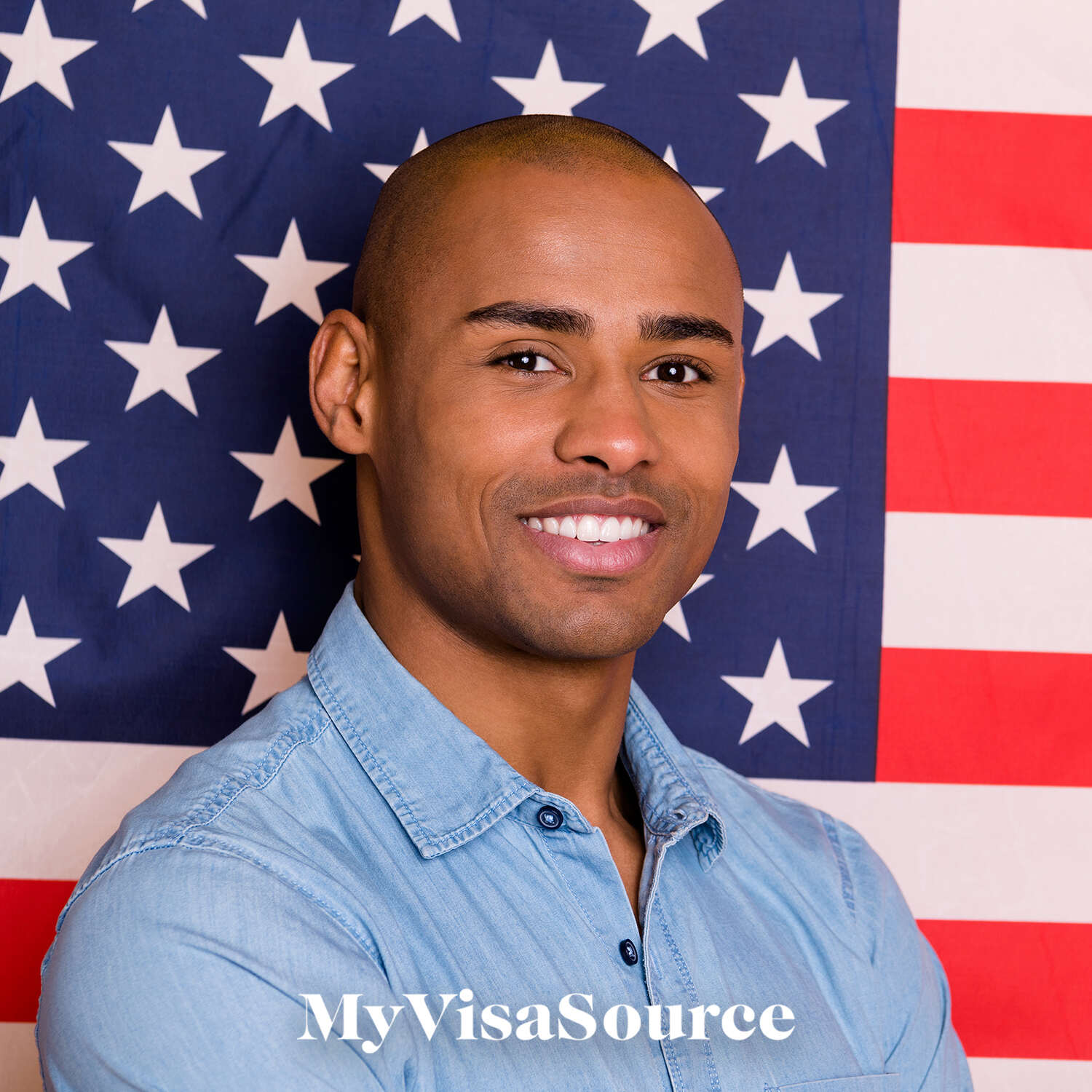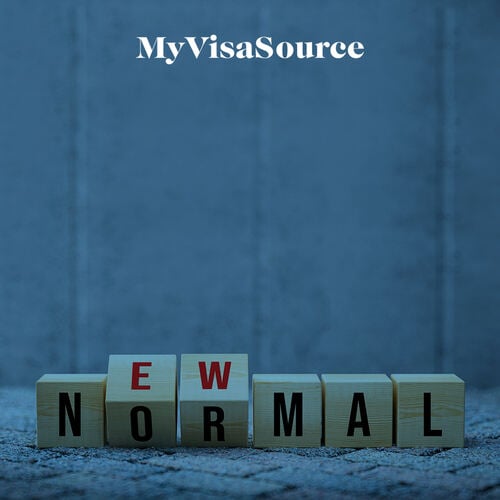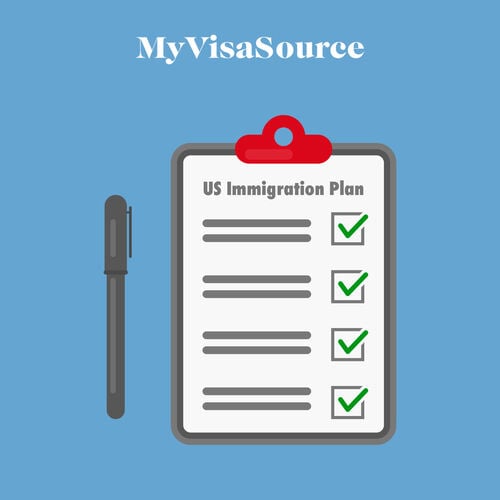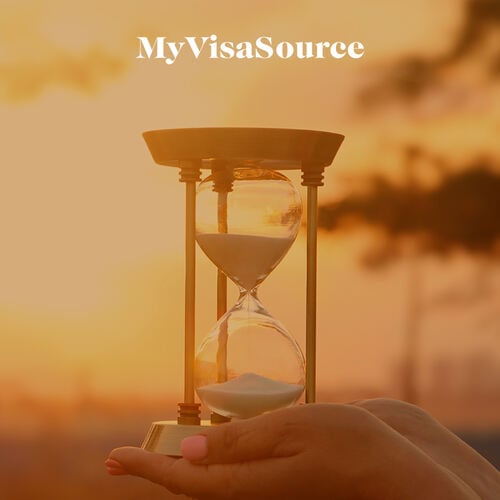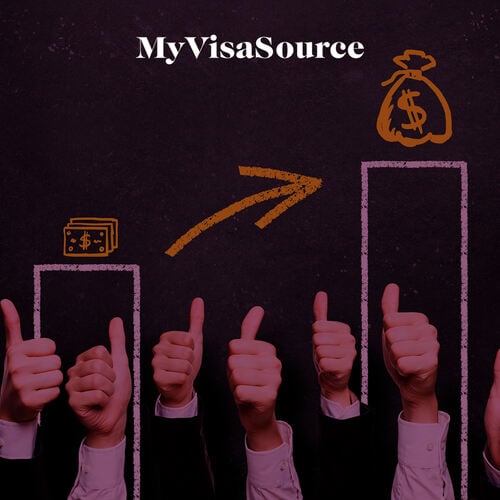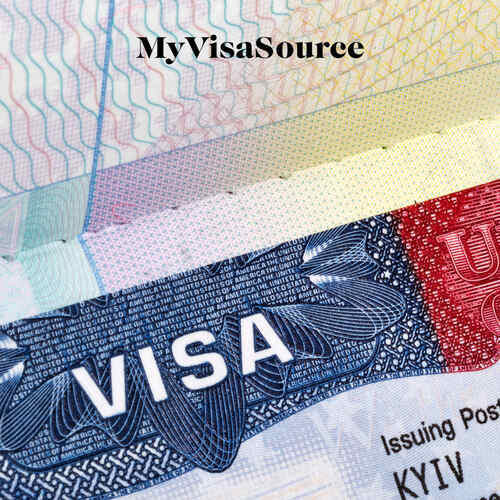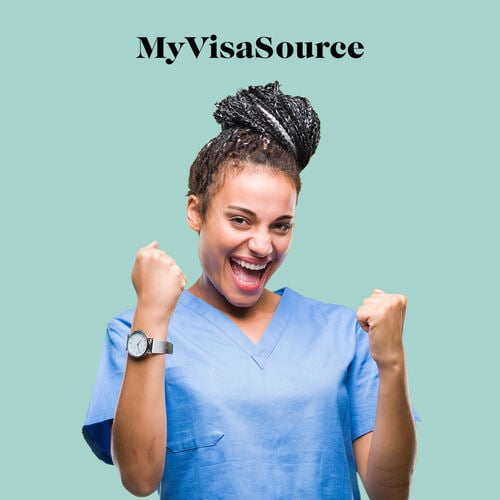Everyone is aware of the most common pathway to obtain United States citizenship, that is, applying for lawful permanent residence before naturalizing as a US citizen. However, there are several other uncommon pathways to US citizenship that most people are unaware of.
The most common way to gain permanent residence in the US is through family-based petitions. Permanent residence can also be applied through employment-based visas, asylum/refugee status and on certain humanitarian grounds. There are also ways to apply for citizenship through Deferred Action for Childhood Arrivals (DACA), Temporary Protected Status (TPS) holders and undocumented arrivals.
Gaining permanent residence in the United States opens up the pathway to become a US citizen through the naturalization process after 5 years of continuous physical residence in the country.
What Are the Most Uncommon Pathways for US Citizenship?
US Nationals:
A US national is not a US citizen. A US national is someone born in American Samoa and Swains Island. They have a direct pathway to becoming a US citizen without applying for permanent residence first. They must meet certain eligibility requirements regarding continuous residence in the US to qualify. However, time spent in American Samoa and Swains Island does not count towards the residence requirement.
Widow(er) of a US Citizen:
Foreign nationals who were married to US citizens at the time of their death are eligible to apply for permanent residence in the US, given that they can prove that the marriage was in good faith and not solely for immigration benefits.
As permanent residents, they can apply for US citizenship through the naturalization process by filing Form N-400 after 5 years of continuous residence. Before October 28, 2009, the immigration law required the spouse to be married to a US citizen for at least 2 years to qualify for permanent residency. However, now the applicant may apply after any length of the marriage.




